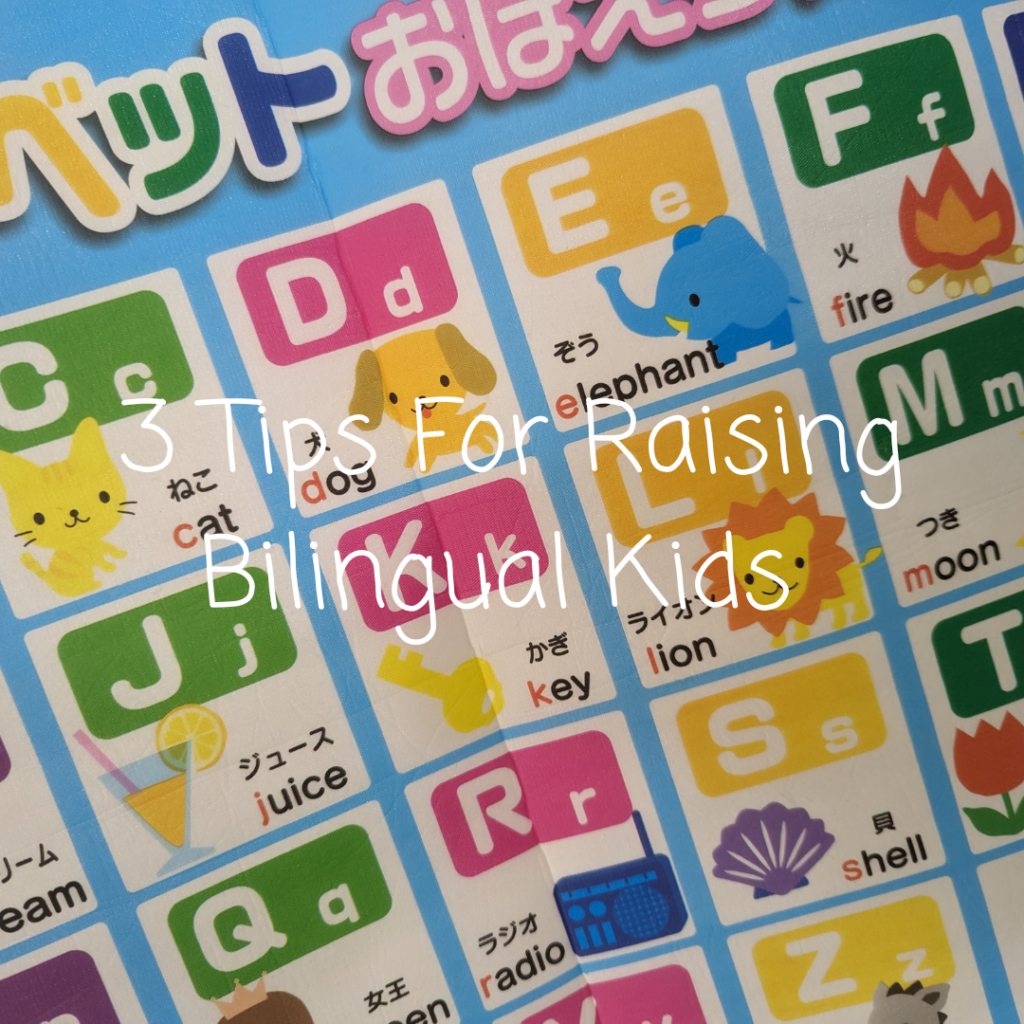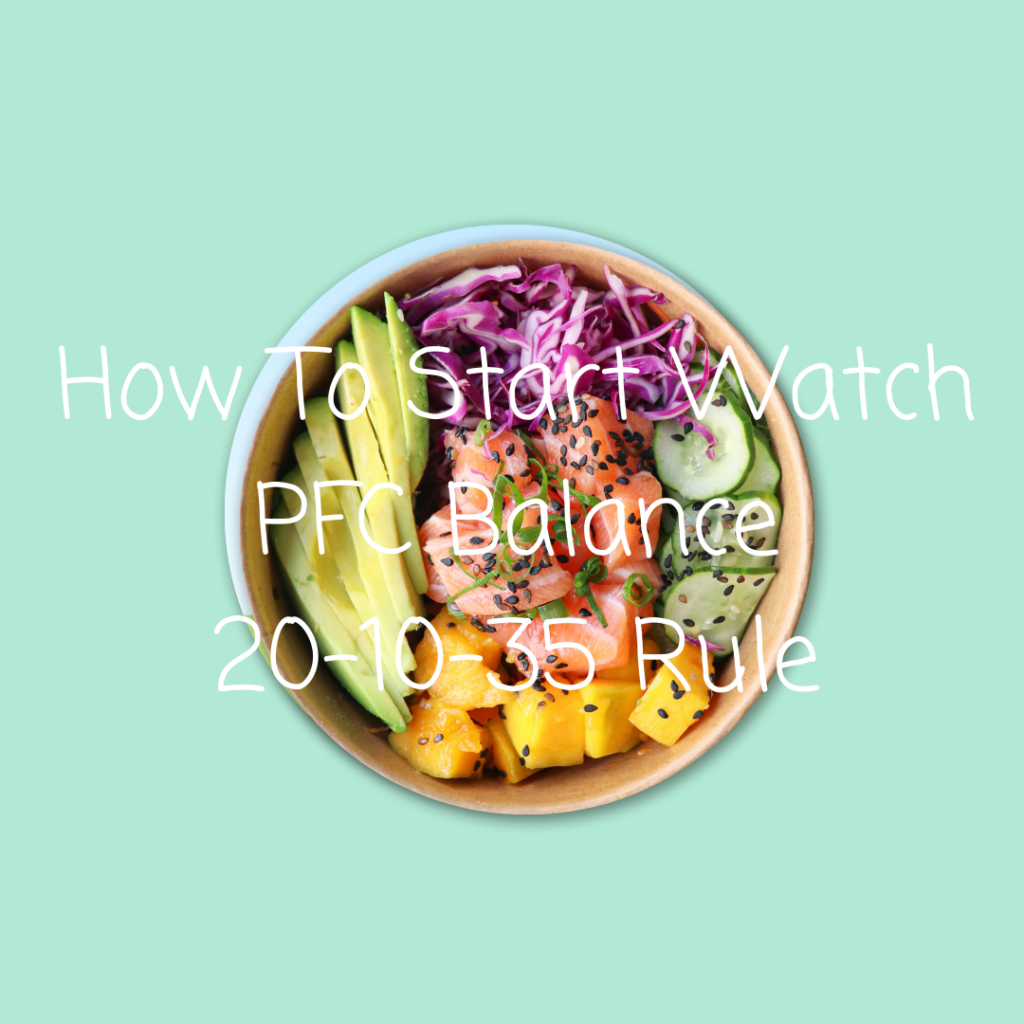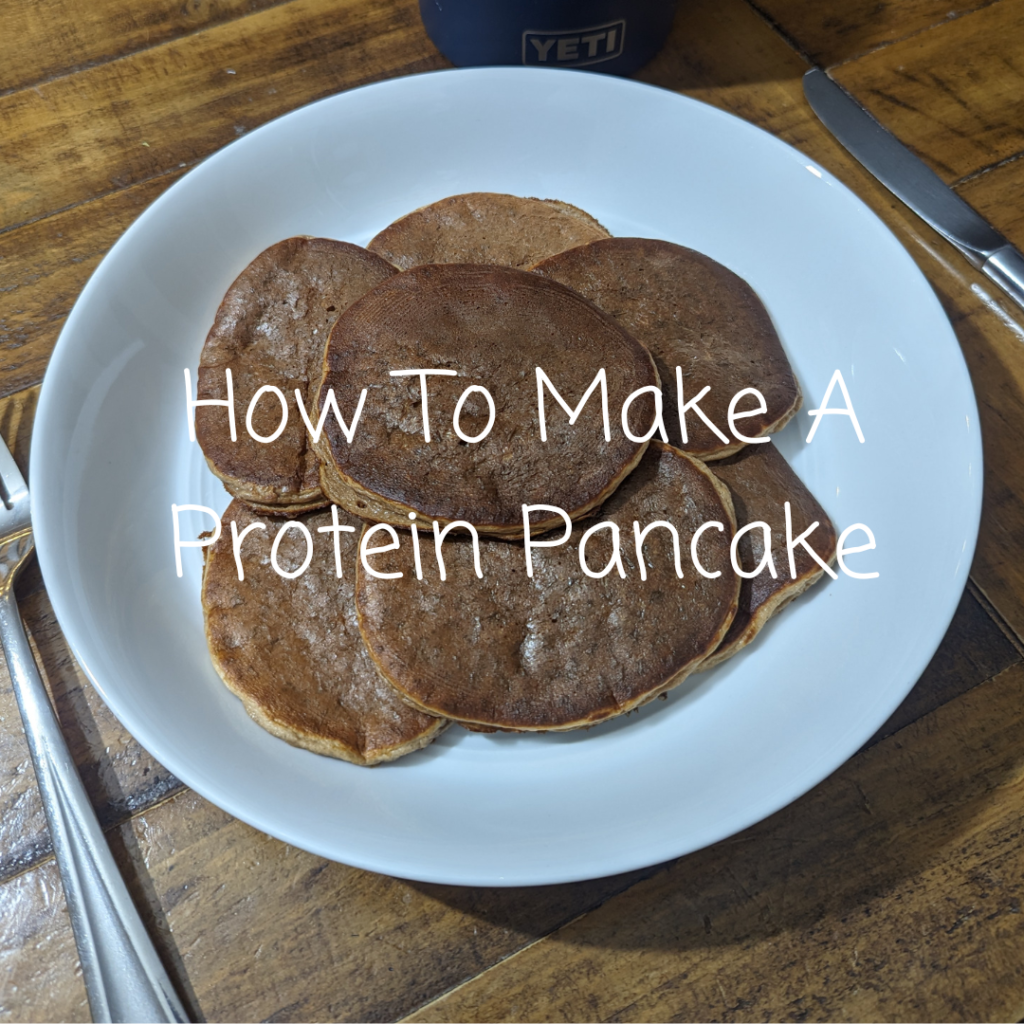I have mentioned about “mindful eating” a couple of times in posts because it is always important but it is sometimes hard at the same time. First of all, what is “mindful eating”?
Mindful eating is a practice that involves paying full attention to the experience of eating and drinking, both inside and outside the body. It is about being fully present during meals, recognizing the physical hunger and satiety cues, and making intentional food choices. This approach encourages a non-judgmental awareness of the emotions and sensations associated with food, helping individuals develop a healthier relationship with eating.
Practicing mindful eating has several benefits. It can help you enjoy your food more and appreciate the flavors and textures of what you are eating. Additionally, it can aid in better digestion and reduce overeating by allowing you to recognize when you are truly full. Mindful eating can also promote a better understanding of your food habits and triggers, leading to healthier eating patterns over time.
I always say this as well but listen to your body. Pay attention to your body’s hunger and fullness signals, eating slowly to give your brain time to register that you are satisfied. Reflect on how different foods make you feel and make intentional choices based on your needs and preferences.
I have these 3 questions to ask myself before eating so that I can avoid overeating and can practice mindful eating more easily. Let me introduce those 3 questions!
Table of Contents
Am I hungry?
This is a very simple question. Are you hungry?
No, I am not hungry, but I am eating something anyway!
Are you eating that food just because, or because you were bored and decided to eat something?
Managing hunger involves adopting certain strategies that help regulate your appetite. One effective method is to avoid creating an environment where “you eat just because.” For me, staying home and doing nothing is when “eating just because” happens the most. When I am at home doing not much, my mind goes, “I guess I will eat something because I am not doing anything and getting bored” to seek satisfaction. That is when “eat just because” happens to me.
There are a couple of things you can do to avoid this. First, just do not stack lots of food or snacks in your kitchen. If there is food, it could trigger you to overeat. If there is nothing (or less food or snacks), you just do not have an option to eat. This sounds simple, but I totally understand this could be such a challenge because you may have to buy groceries not only for yourself but also for other family members! For me, we have regular snacks such as cookies, bars, chocolates, and more for the boys in our pantry. I sometimes have to try to ignore them or forget that they exist in our pantry. To avoid eating those snacks you are stacking for others, you can just switch to healthier choices for all of you, or you can find alternatives for just yourself and stack the minimum amount of them. Finding alternatives could sound hard but fun at the same time! For me, I am now so into this creamiest Greek yogurt bowl, and this is something I go for when I want to eat something to satisfy myself physically and emotionally. But still, you may not want to eat something just because you are bored. If you really have to, you may be able to eat those alternatives in a minimum amount, and try to take a break to let your brain know that you are not hungry and not to eat at this point.
Second, drink water or non-calorie drinks. This also sounds very simple, but this really helps! You have to drink plenty of water anyway throughout the day, so why not? You may want to drink tea, black coffee, carbonated water, and so on. If drinking coffee triggers you to want to eat something sweet with it, then avoid coffee (that is me!). After drinking plenty of water, you really feel full, especially when you are not even hungry, and you might just lose the idea of eating something. (Do not overdrink water, though!)
Yes, I am hungry. I am eating everything!
It is important to feel hungry because you can really appreciate your food. At the same time, you might want to avoid being hungry too much because that can often trigger overeating.
To avoid being hungry too much, one useful tip is to eat smaller, more frequent meals rather than large, infrequent ones. This approach helps maintain steady blood sugar levels, reducing the likelihood of intense hunger. For example, I eat breakfast around 6 a.m., lunch around 1 p.m., and dinner at 5 p.m. Because there are 6-7 hours between breakfast and lunch, I am super hungry when eating lunch. Therefore, that is when “healthy snacks” come in between breakfast and lunch. I eat Greek yogurt, nuts, jerkey, fruits, and so on. If I have sessions and do not have much time, I sometimes just drink protein shakes. Between lunch and dinner, I just ask myself if I am hungry, and if not, I just wait for dinner, and if I feel hungry, I have another healthy snack. Three meals plus one or two snack times help me to maintain a steady hunger level and avoid overeating.
Another useful tip is to eat protein-rich foods such as eggs, nuts, cottage cheese, chicken breast, and so on, and high-fiber foods such as fruits, vegetables, and whole grains. These foods can make you feel fuller for longer periods. Furthermore, you may want to eat vegetables first so that you can get a little full before eating a big meal.
Is it worth The calories?
I did say “eating is not just about getting calories” in another post (you may want to read 3 IMPORTANT MINDSETS FOR A SUCCESSFUL FITNESS JOURNEY), but is it also the fact that eating increases calorie intake? In other words, “Is it necessary to eat those calories to make both your body and yourself happy?”
Yes, it is worth the calories!
When I eat tasty foods and truly enjoy eating them, I can say that “it is worth the calories” from the bottom of my heart, even for high-calorie foods. That does not mean that you may want to eat high-calorie foods every day for your own satisfaction. But you can, of course, enjoy them once in a while or for special occasions. You may want to go out for dinner with your friends. You may want to go out for a date night. There are always some special occasions, and you do not want to ruin them by cutting out all the foods you actually want. At the same time, you do not want to overeat just because it is a special occasion. Planning ahead is key here. If you know that special occasions are coming up, you can always adjust your diet toward the special occasion. You may exercise more before that special occasion. You can always adjust your diet or fitness level.
With all those adjustments you work on so hard, I believe you can truly enjoy the special occasion as well as the foods. Foods that give you true joy without any regret or guilt are definitely worth the calories!
No, it is not worth the calories!
I get very disappointed when I eat high-calorie foods that do not even taste good. Let’s say you are on a diet, but you are craving a hamburger and decided to have one for lunch. You may have to work on adjusting your daily or weekly calorie intake to truly enjoy the burger during your fitness journey. After working on adjusting your calorie intake and/or output so hard, you finally eat the burger you are looking forward to so much. How would you feel if the burger was not even good? Disappointing right? I then probably say, “This burger is not even worth the calories.” Well, you do not want to waste the burger, so you may finish it without full satisfaction.
Satisfaction is very important when eating. Once you are satisfied, you are happy physically and emotionally, boost your motivation, and keep working hard. If your satisfaction is low, you may lose motivation, or your desire for these high-calorie foods or foods you are trying to avoid might go up and lead to overeating. If you are looking forward to eating something in a special occasion, do research!
Unfortunately, all the calories add up daily. At the same time, you have to remember that you have a choice about what to eat. If you think the calories you are about to consume are going to make you happy both physically and emotionally, go ahead!
Am I going to be smiling after eating this?
I think after “happy mindful eating,” you will be happy and smiling with satisfaction. Both physical and emotional satisfaction come with fullness of stomach and a healthier choice. But that does not mean that you can never smile after eating something you do not want for your body, such as high-fat foods, high-sugar foods, and so on.
For example, you are having a dessert with your friend at a café. You decided to have your favorite chocolate cake and latte. You truly enjoy eating your favorite cake and chatting with your friend. Are you going to be smiling afterwards? If yes, great! If not, let’s think about why and what you can do about it.
Whether you can practice “mindful eating” or not depends on whether you have regrets or not and whether you truly enjoy eating or not. Enjoying eating sounds very simple, but it is sometimes very hard. If there is a tiny bit of guilt about eating what you are eating, you are not truly enjoying your food. I believe “BALANCE” is a key here.
In the café situation, you eventually regret or feel guilty eating a chocolate cake. Then you could not truly enjoy eating. Now, let’s think about how that “regret” could have gone away. Maybe you had a cake a day before as well, and you are feeling guilty eating a cake two days in a row. If that was the cause of your regret, you can just skip a cake a day before to remove one cause of your regret. Or maybe you regret having a combination of a cake and a latte. You can change the latte to black coffee instead. Or you can have a light nutrition-dense dinner that day to catch up on your diet routine.
It is important to know WHY you feel guilt and WHAT makes you feel that way. Therefore, finding a cause of regret/guilt and removing the cause one by one is a huge step to enjoy your food 100%.
Let’s look at another situation. You decide to watch a movie at home after a big dinner. Even though you are full, you wanted something to eat while watching a movie. You picked up a huge bag of potato chips and ended up eating them all. Your attention was not on your potato chips but on a movie. You were focusing on watching a movie and eating potato chips mindlessly. Are you going to be smiling afterwards? With “mindless eating,” it is highly possible to regret or feel guilt afterwards because mindless eating usually leads to overeating. It would be best if you could avoid mindless eating. If you really want something to eat while watching a movie, you may want to choose something else, such as edamame, protein cereals, blueberries, and so on, rather than potato chips. Or you can grab a bowl and put a smaller potion in it instead of holding a whole bag. Remember, you always have a choice.
You have to remember that you are the one who decided your own rule. If you decide not to have a cake two days in a row, that is your rule; work on it! Nobody can say anything about it because it is your rule. You never have to worry about being judged. (Unless you are doing something in an extreme way and making yourself unhappy or unhealthy.)
Mindful eating is a valuable practice that can enhance your overall well-being and relationship with food. By paying attention to the eating experience and listening to your body’s cues, you can develop healthier eating habits and enjoy your meals more fully. Start incorporating mindful eating into your daily routine and notice the positive changes it brings to your life.
Moreover, managing hunger effectively can contribute to maintaining stable energy levels throughout the day. This can enhance your productivity and overall mood. Ultimately, learning to control your hunger helps cultivate healthier eating patterns, which is crucial for long-term well-being.





